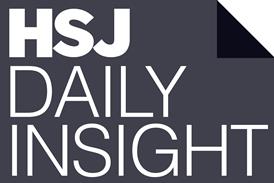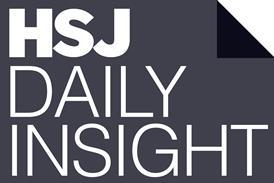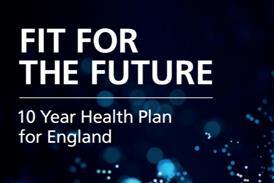Clinical commissioning groups in the North of England are lobbying for direct access to information submitted by their providers to the national database of patient safety incidents, HSJ has learned.
The Northern CCG Forum, which represents 14 commissioning groups, has written to NHS England deputy director of patient safety Bruce Warner calling for all CCGs to be given direct access to incidents linked to their main providers on the national reporting and learning system database.
Data submitted to the system - much of which concerns incidents where little or no harm occurred - is analysed centrally to identify trends in patient safety incidents and opportunities to reduce risks or hazards.
However, the forum’s letter, seen by HSJ, argues that “this analysis is carried out by a central team of analysts who cannot link these incidents to other local intelligence sources and we are concerned that an opportunity is being missed to incorporate these incidents into our local early warning systems”.
It continues: “It is currently not possible for CCGs to search the database directly and therefore we are not able to easily pick up on trends within the data. We feel that this is an unacceptable position, particularly given the quality concerns some of our members are currently addressing with their provider trusts.”
The letter notes that NHS England is working on a new system that will provide commissioners with access to the information they are seeking, and stresses “the need to prioritise this project to speed up implementation”. But it asks whether, in the interim, it would be possible for NHS England to grant CCGs access to incidents related to their providers “without the need to go through their providers” to get the information.
Cumbria CCG chief officer Nigel Maguire said NHS England had been “sympathetic, but cautious”, with concern expressed that providers would not report incidents if commissioners had access to the dataset.
An NHS England spokeswoman said it was currently looking at improving the tools available for interrogating NRLS data “to make it more accessible and practical to everyone”, but this work was in “the very early stages of development”.



























3 Readers' comments